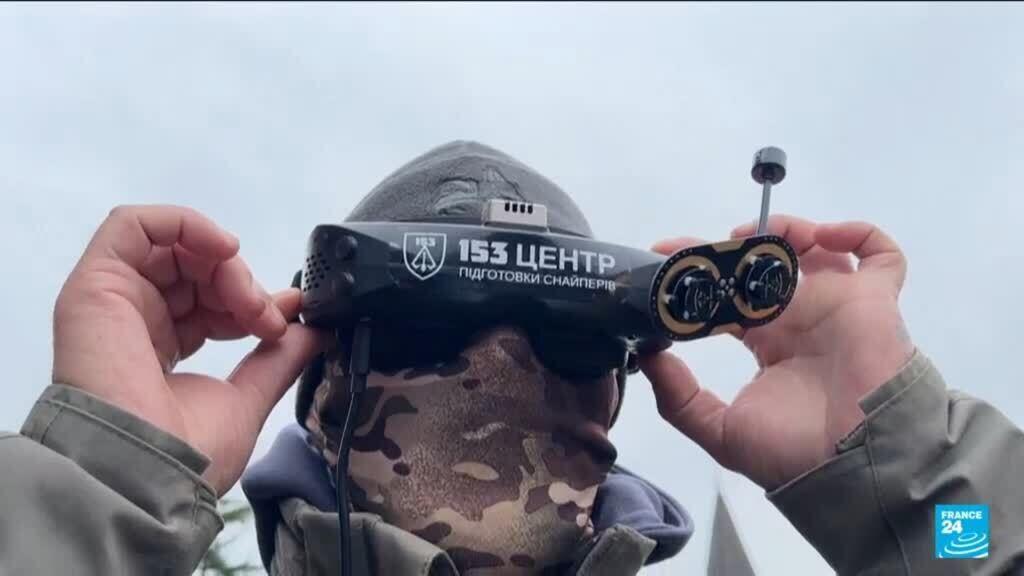Germany Grants Police Power to Neutralize Rogue Drones
In a significant move aimed at enhancing national security, Germany has announced that its police will be granted the authority to shoot down rogue drones. This decision comes in response to increasing concerns over drone-related disruptions, particularly at airports across Europe. The situation has been exacerbated by allegations from various European leaders, who suggest that these disturbances may be linked to a hybrid war being waged by Russia.
Recent incidents involving drones have raised alarms among governmental officials, as they pose serious safety threats. Airports have experienced major disruptions, leading to flight cancellations and delays that have affected thousands of travelers. With the holiday season approaching, the German government is particularly motivated to ensure that air travel remains safe and uninterrupted. This initiative is part of a broader strategy to protect critical infrastructure from potential aggressive actions, whether these come from state or non-state actors.
Under the new regulations, police forces are now permitted to deploy counter-drone technology that allows them to neutralize unauthorized aerial vehicles. This includes the potential use of firearms when necessary to effectively manage the threat posed by drones that endanger public safety. The legislation aims to provide law enforcement officers with the tools needed to respond swiftly to drone incursions, especially in sensitive locations like airports and governmental buildings.
Germany's decision reflects a growing trend in Europe, where governments are grappling with the implications of drone technology. The ability to take decisive action against rogue drones is particularly critical in the context of heightened tensions in the region. Many European leaders have pointed to Russia's activities, suggesting that the disruption caused by drones could be a tactic in a broader strategy of asymmetric warfare aimed at destabilizing the region.
This policy change has sparked a range of reactions from various stakeholders. Advocates for public safety and national security have welcomed the initiative, arguing that it is a necessary response to an evolving threat landscape. However, civil liberties organizations have expressed concerns over the implications of granting police such powers, fearing potential misuse or overreach in drone surveillance and intervention strategies.
As the situation develops, Germany's law enforcement agencies will be expected to proceed with caution, balancing the need for public safety with respect for individual rights. The effectiveness of this new policy will likely be assessed as the holiday season progresses and the potential for drone-related incidents remains high. Authorities may also look to establish clear guidelines and protocols outlining when the use of lethal force against drones is justified, ensuring that protective measures do not lead to unintended consequences.
In a world where modern technology increasingly intersects with public safety, Germany's proactive approach serves as a significant case study for other nations facing similar challenges. As more countries contend with the need to protect their skies, Germany may set a precedent in how to legally and ethically implement drone mitigation strategies.












